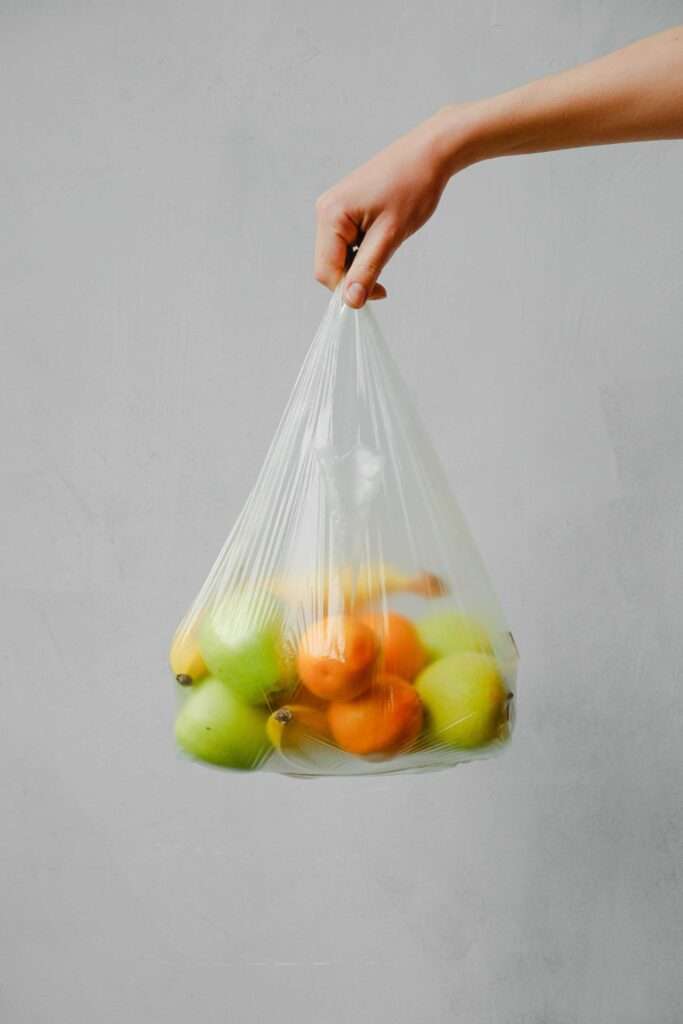Introduction
Let’s talk about how to reduce waste in your kitchen and make choices that are good for the environment. In many kitchens, a big issue is throwing away food. From the farms where food is grown to our tables where we eat, a lot of food is wasted. This is bad for the environment and creates problems for society. But if we are careful and try to live in a way that takes care of the Earth, we can work towards having a kitchen with no waste. Let’s look at why food waste is a problem and explore simple steps to make our kitchens better for the planet.
Understanding the Impact of Food Waste
1. Environmental Consequences
Food waste contributes to greenhouse gas emissions when it decomposes in landfills, releasing methane, a potent greenhouse gas. The resources used in food production, such as water, energy, and land, are squandered when the food ends up uneaten and discarded. Embracing a zero-waste kitchen is not just a personal choice; it’s a commitment to environmental conservation.
2. Economic Strain
Beyond the environmental impact, food waste places a significant economic burden on households and businesses. The money spent on purchasing food that ultimately goes to waste could be redirected towards more sustainable and meaningful investments. By adopting zero-waste practices, individuals and businesses can contribute to both their financial well-being and the overall economic stability of their communities.
3. Ethical Considerations
Considering the global issue of hunger, wasting food takes on an ethical dimension. By minimizing food waste, we not only reduce our environmental footprint but also contribute to addressing social inequalities related to food access. A zero-waste kitchen is not just an environmentally responsible choice; it’s a step towards creating a more just and equitable food system.
Practical Steps Toward Zero Waste
1. Conscious Meal Planning
Start your journey to a zero-waste kitchen with thoughtful meal planning. Create weekly or monthly meal plans based on the meals you intend to prepare, considering portion sizes to minimize leftovers. This not only reduces waste but also streamlines your grocery shopping, ensuring you only purchase what you need.
2. Embrace the Whole Ingredient
Choose recipes that utilize the entire ingredient, from root to stem. Many vegetable scraps, for example, can be repurposed into broths, reducing kitchen waste while adding depth to your culinary creations. This approach not only minimizes waste but also encourages creativity in the kitchen.
3. Proper Storage Techniques
Extend the shelf life of your groceries by mastering proper storage techniques. Utilize airtight containers, store produce in the correct conditions, and be mindful of expiration dates. This ensures that food stays fresh for longer periods, reducing the likelihood of items going to waste.
4. Creative Leftover Transformations
Instead of discarding leftovers, view them as opportunities for culinary creativity. Turn yesterday’s roast vegetables into a frittata, blend overripe fruits into a delicious smoothie, or repurpose proteins into a new dish. Transforming leftovers not only minimizes waste but also adds variety and excitement to your meals.
5. Composting
Establish a composting system to turn kitchen scraps into nutrient-rich soil. Composting not only reduces the amount of waste in landfills but also provides an eco-friendly solution for disposing of organic matter. It’s a sustainable practice that closes the loop in the food cycle, returning nutrients to the soil and reducing the need for chemical fertilizers.
6. Responsible Disposal
When disposal is inevitable, separate waste into recyclables, compostables, and actual waste. Recycling and composting divert materials from landfills, contributing to a more sustainable waste management system. Educate yourself and your community about proper disposal methods to ensure that every effort is made to minimize the impact on the environment.
Conclusion
Making your kitchen waste-free is a journey of making good choices and being mindful of how we use things. By understanding why food waste is a problem and making sustainable choices, we can help create a better and more responsible food system. As someone who cooks, choosing a waste-free kitchen not only helps the environment but also inspires others to do the same, making our planet healthier one thoughtful meal at a time.








